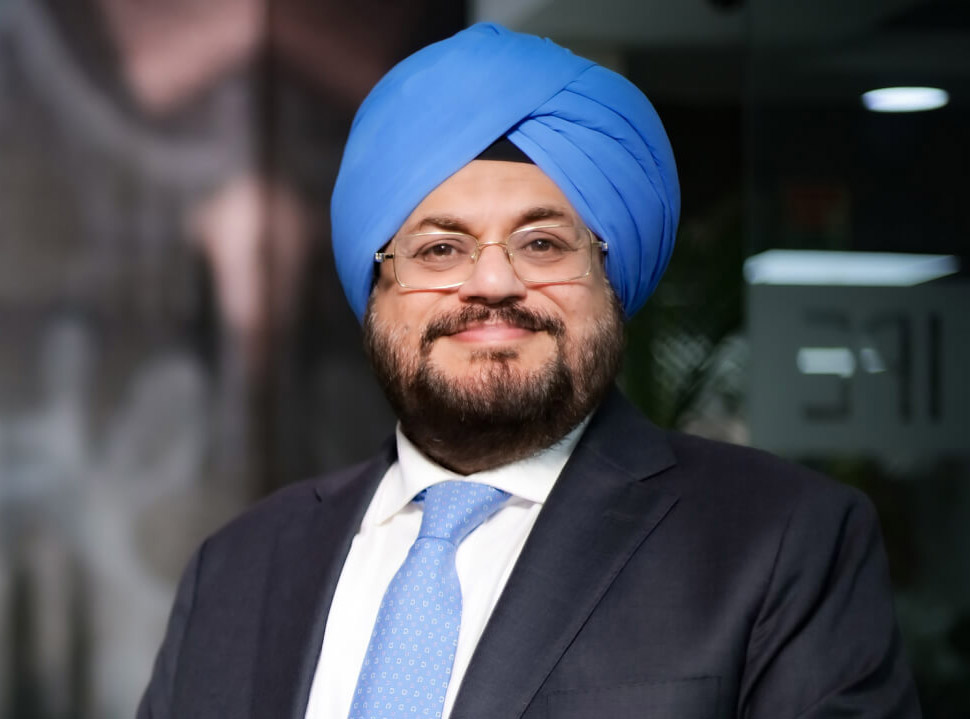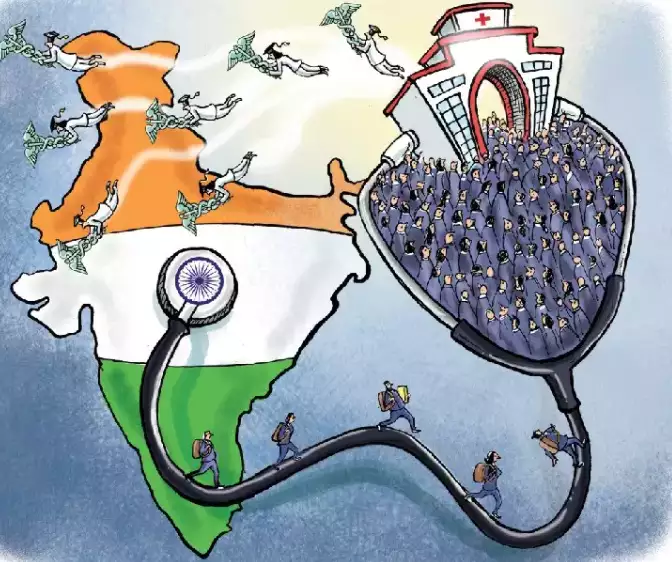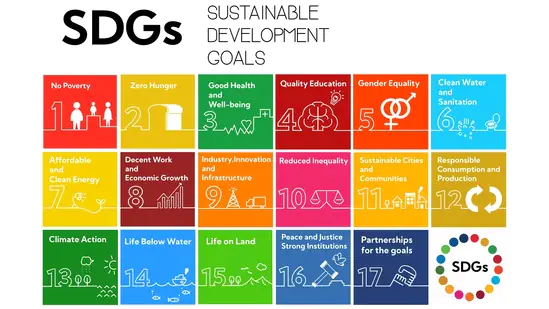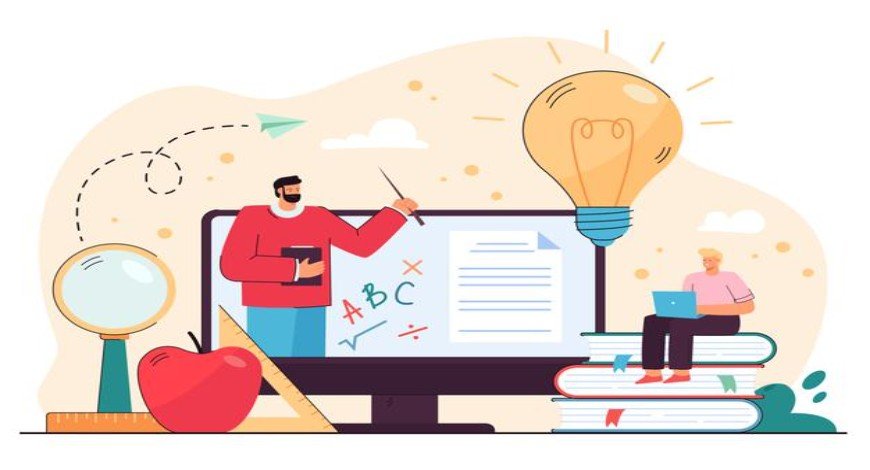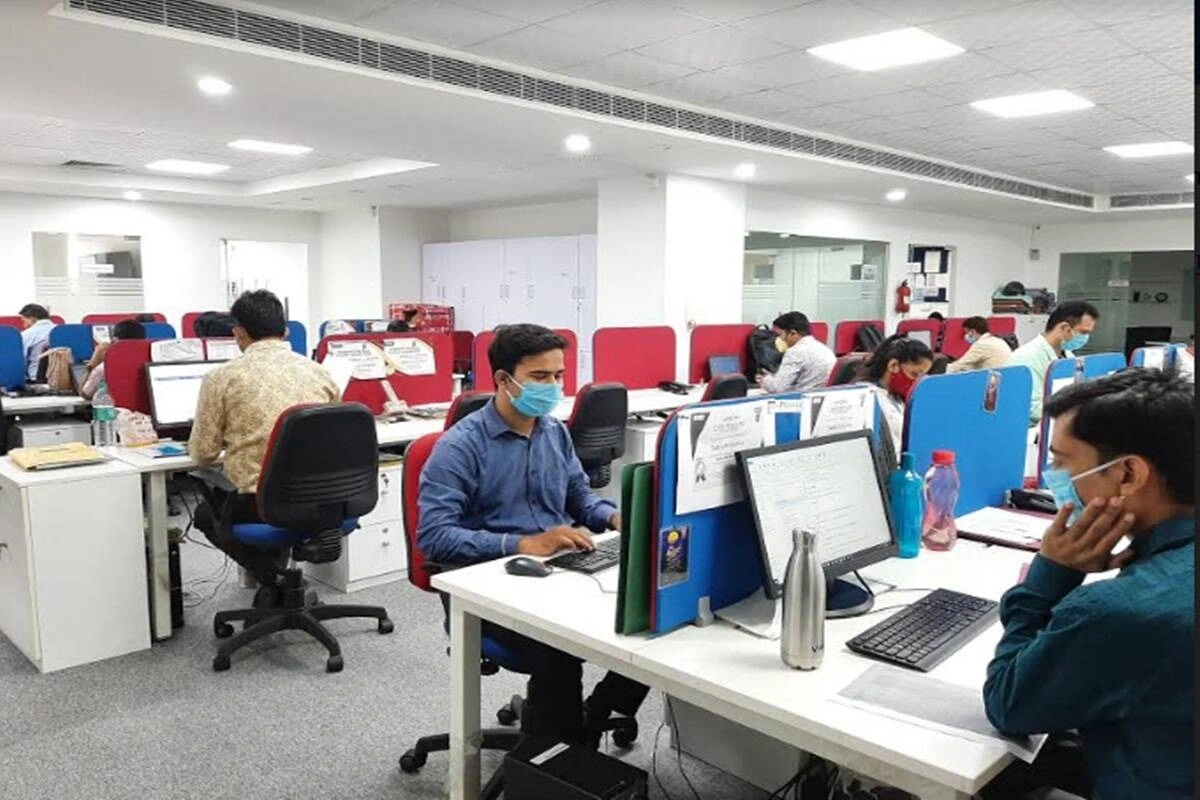May is recognised globally as the mental health awareness month, providing an opportunity for reflection and collective action to address the stigma from preventing individuals from getting the care they need. The purpose is to raise awareness of struggles people are dealing with and to observe their recovery and progress. Mental illness is one of the most significant challenges we face as a collective, and it also points to a substantial opportunity for us to show our best. It has never been higher on the agenda for businesses. The pandemic has shown us that mental health conditions can affect everyone. Perhaps this realisation has had a knock-on effect on our acceptance of mental illness.
Globally, an estimated 280 million people suffer from depression, one of the leading causes of disability, with many of these people also suffering from symptoms of anxiety. A 2018 WHO-led study estimates that depression and anxiety disorders cost the global economy US$ 1 trillion each year in lost productivity. Unemployment is a well-recognised risk factor for mental health problems. A negative working environment may lead to physical and mental health problems, absenteeism and lost productivity. Workplaces that promote mental health and support people with mental disorders are more likely to reduce absenteeism, increase productivity and benefit from associated economic gains. Early evidence of the pandemic’s impact with the global corporate wellness market forecast to reach $66 billion by 2022, many employees will be familiar with the range of workplace mental health initiatives that a growing number of businesses offer their staff – from yoga and fitness challenges to flexible working hours. But despite the prevalence of different approaches, we’re yet to understand what works, for who, and why.
What employees are looking for
The complexity of workplace mental health issues requires complex and considered solutions – there is no quick fix or “one size fits all” approach. For a smoother transition, the employee is in search of new, unique and customised options to become the master of its professional destiny. They wish to be provided with a tailored fit combining the robustness of real-world interaction with the spatial and temporal convenience of the online mode. They are looking for flexible work arrangements to maintain work-life balance as it attempts to make sense of the ‘normal’ in an entirely novel light.
How are the employers pitching in
Employers across the world are endeavouring to provide this flexibility in the form of a new hybrid work model that was conceived during the pandemic. With technological advancements and innovative solutions, organisations are now one-step closer to achieving this unique interface and saving both employee travel time and infrastructure costs.
More and more companies are investing in technology post the pandemic. We are conscious if this and, through our wellness initiatives are providing access to psychologists, doctors, mental health apps and a safe space to support employees with their mental health concerns. As a company we have also engaged with MeraDoc, a 24*7 dedicated, personalised, and inherently integrated healthcare delivery platform.




